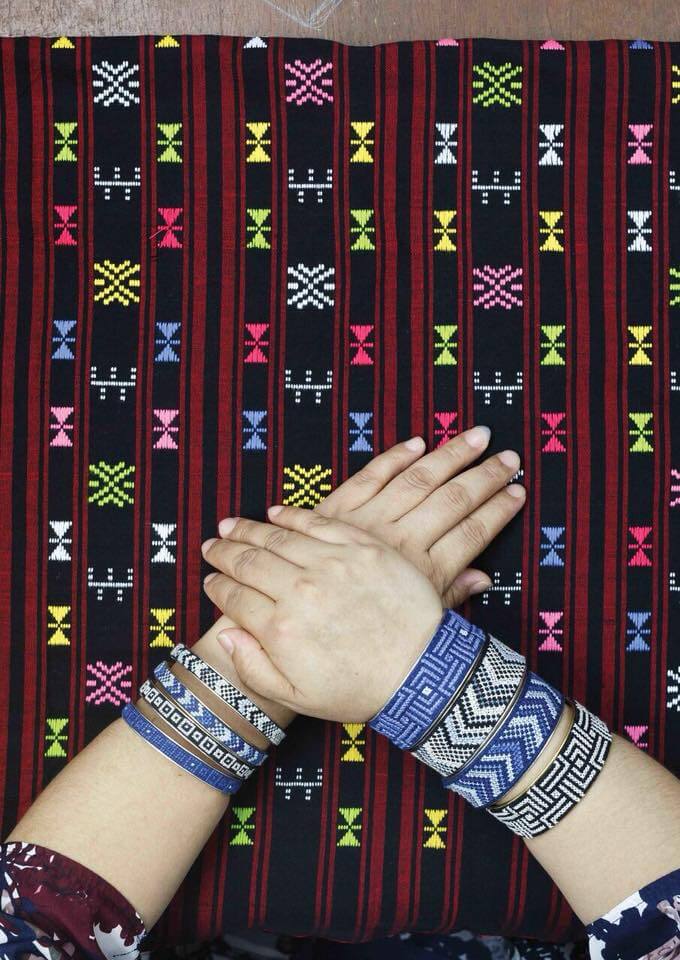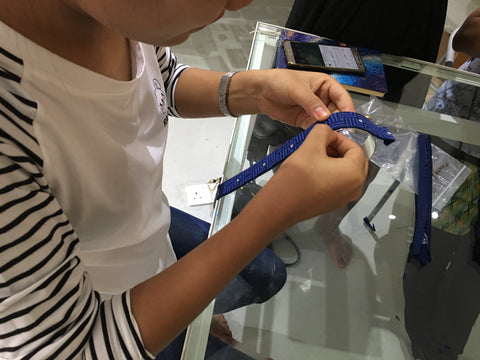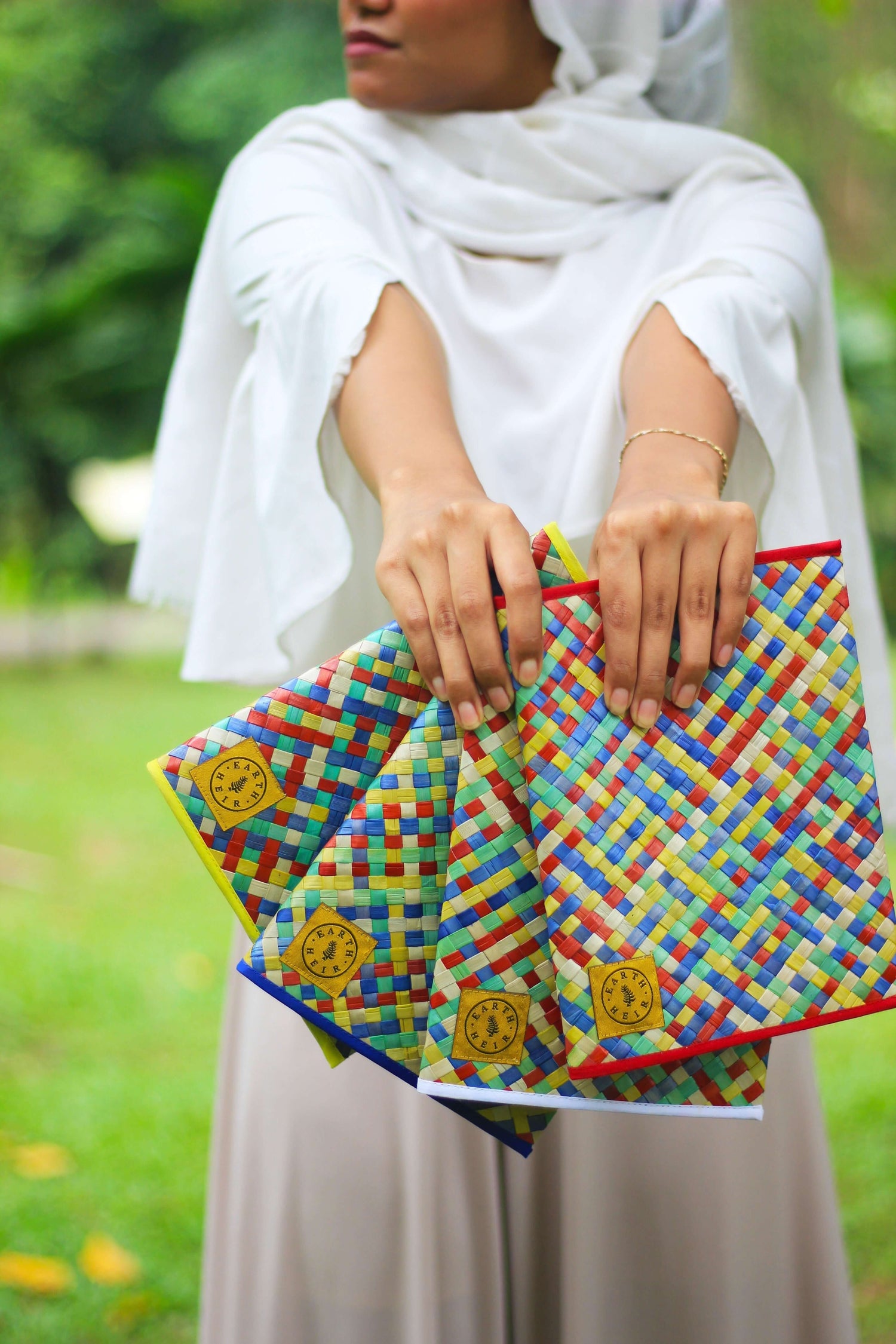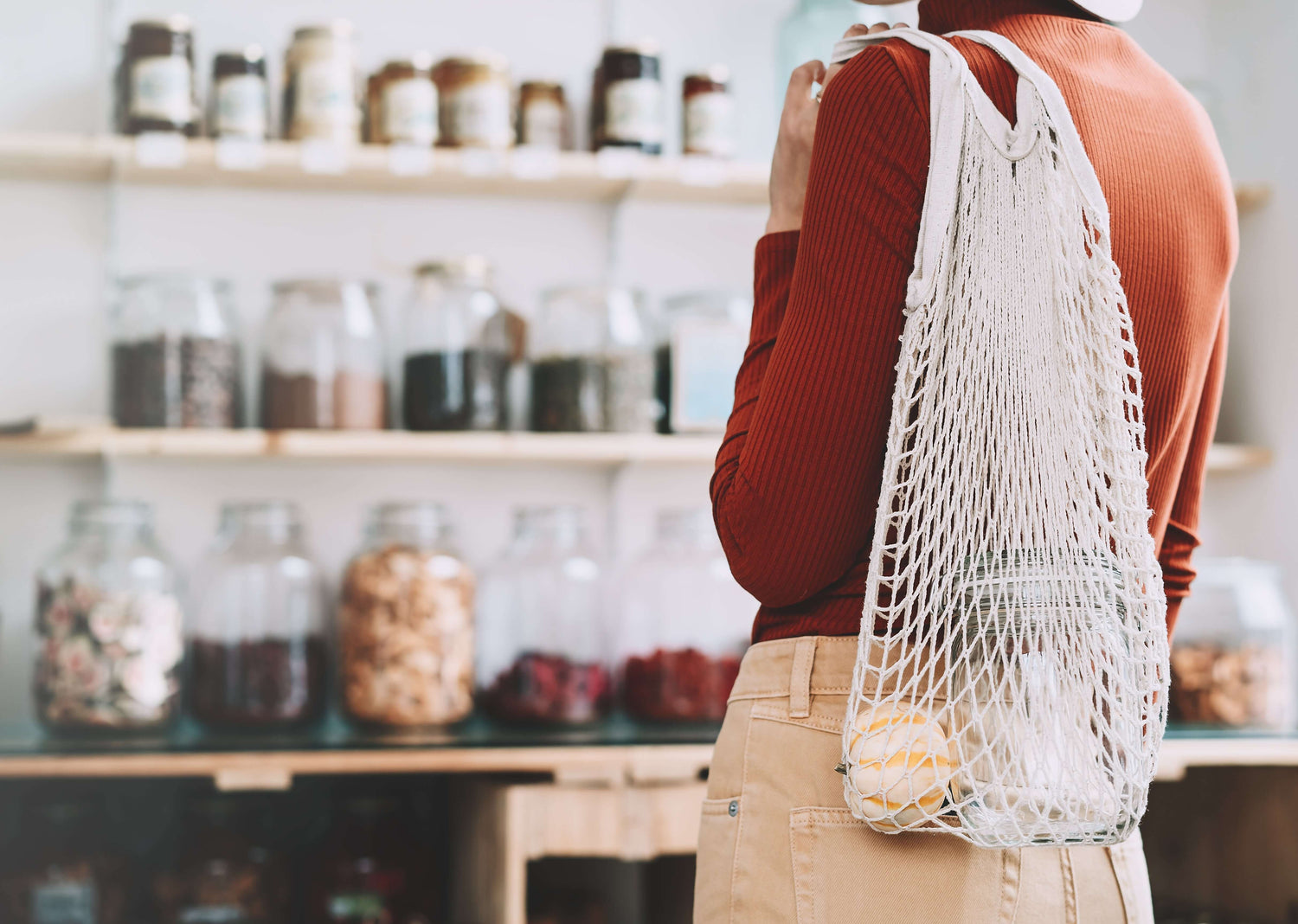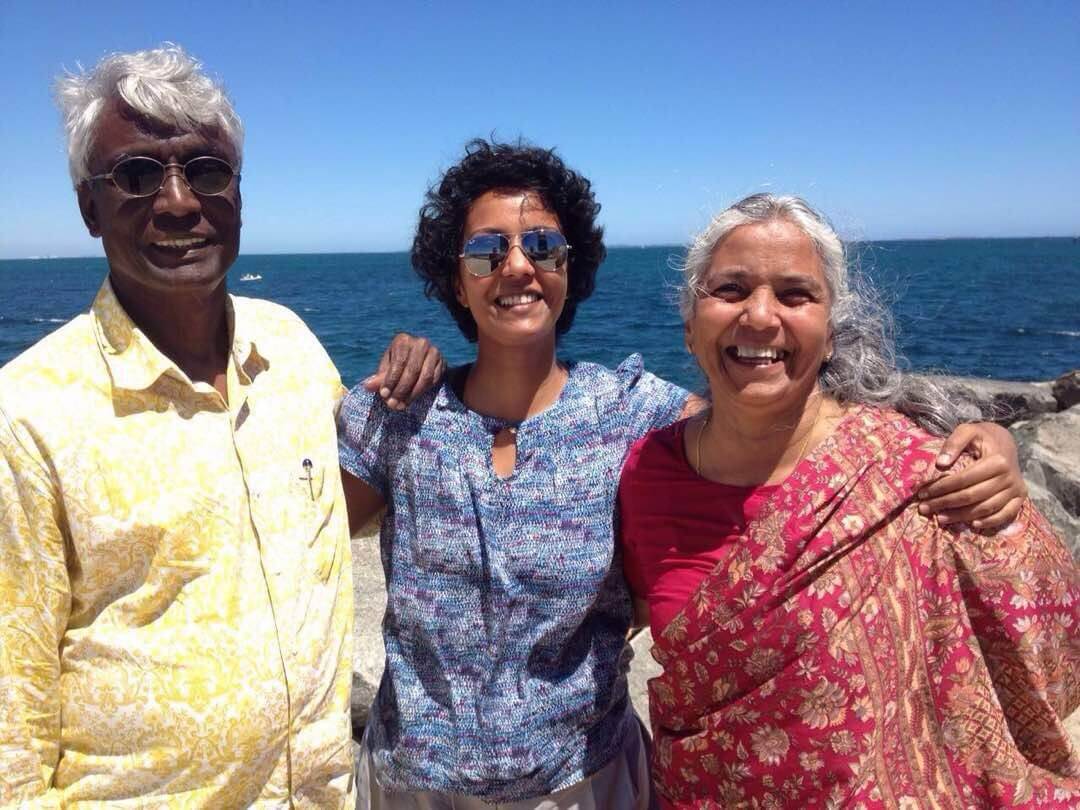2018 has gone by quickly! We entered 2018 excited, anxious and with a lot of hope. We achieve some great highs of being featured globally in Forbes, Monocle Magazine and the launch of the global MADE52 initiative. We have trained 2 new groups of artisans in Pahang, 2 groups of refugee artisans in Klang Valley, launched 2 new collections, trained rattan weaving students at the National Craft Institute on product design, and have generated more than RM 85,000 for artisans in direct income! We had new team members joining, while some team members embarked on new journeys in their lives. To date, Earth Heir products have been sold to U.S., U.K., Switzerland, Italy, France, Australia, Japan, Singapore, Thailand and so on.
We are also celebrating craftsmanships with people globally on Malaysia Airlines!
While we continue striving to be better, penetrating more markets and creating more impact for communities, we took time to reflect on the 3 main lessons we learned this year:
1. Being focused
"Do you have more work for me to do?" - this is something we hear a lot from our refugee artisans. My heart breaks everytime I hear it."We will try our best to sell more", - I respond.
You have probably heard about our MADE51 jewelry by now, and you may even own a piece. We have learned that to create impact, real impact in our artisans lives, consistency and rigor are critical. It is only with consistent sales growth, and rigorous quality control that sustainable income can be achieved from them. More than training alone, creating demand and access to markets for what is made, is key.
Undoubtedly, we would not be able to do what we do without the on-going support from our partners. We launched 2 collections this year - the MADE51 Jewelry Collection and The Pacific Collection. UNHCR has supported us with funding for the development of new products, global sales opportunities, and ethical compliance with the World Fair Trade Organisation. We know that the refugee artisans are trying to build something after they have lost everything - everyone in our team puts in significant effort to make sure the jewelry range does well.
If you are thinking of how you can be involved with our artisans, or how to develop sustainable impact within your community or work, drop us a line of visit our "services" page on our website. Our focus is to continue to develop more designs with our refugee artisans and produce premium quality pieces.
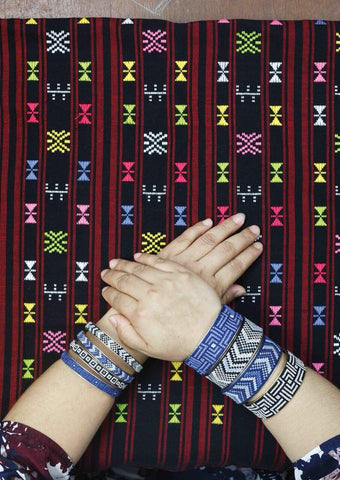
Photo: Artisan hands with fine MADE51 jewellery.
Photocredit: Paulius Staniunas
2. Dignity in design
The challenge of being an impact organisation lies in balancing the impact-creation and profit. How do we create designs that will be loved by our customers, and also give dignity and maintain the heritage of our artisans? Sasi, our Founder, started Earth Heir to serve the needs of the artisans. She brought beautiful scarves handwoven by artisans in remote villages to our first customers at pop-up bazaars back in 2013 and since then we have come a long way. We have learned much and gained invaluable experiences, to grow to where we are today.
We now design our own and custom pieces for our clients in a range of shapes, colours and sizes. Not only are the heritage skills of our artisans, celebrated and preserved, the contemporised designs also create an identity for the artisans. It is important to us that the stories of the craftspeople behind each product are showcased, and that everyone who owns a piece from Earth Heir feels the love with which it has been made.
Our MADE51 jewellery collection was designed together with Aileen Brindle, a UK based designer and the refugee artisans involved in the project. The Arabesque and Nusuum designs of this range were inspired by the cultural heritage of the refugee artisans.
When we presented the designs to the Myanmarese refugee artisans, one of the artisans quickly pointed at the Nusuum design and said: "This one! Whenever a Chin sees this, they will know it is us." She said it with such a sense of pride and it was so re-affirming for us.
Photo: Our Nusuum and Arabesque patterns are proudly co-designed by the refugee artisans.
3. Rejection for "Good"
To deliver the best craftsmanship, quality is on our list of “non-negotiables”. However, the nature of something handmade is that it is subject to creative nuances which maytranslate into quality inconsistencies in the eyes of consumers. This means there are times when we have to reject the work of our artisans, which is painful, but is the path towards stronger skills for them. I recall this instance when we were chasing a tight deadline to ship a batch of jewelry to Europe, and one of our artisans came back with a batch of untify cross stitches, and jewelry finishing that was not done well. I had to tell the artisans that we could not send her batch to Europe and due to the time crunch, we had to split the work given to her with other artisans.
This is often a difficult situation to be in, but we had to be fair to help everyone in the long run. To ensure that she would still earn the income that was initially intended, we ordered extra jewellery from her to keep as inventory.
We are continuing to train new artisans, however demand is less than supply. We are actively looking for wholesalers and distributors, especially in the U.S. and Europe.
If you know of folks who would be a good fit, please connect us with them!
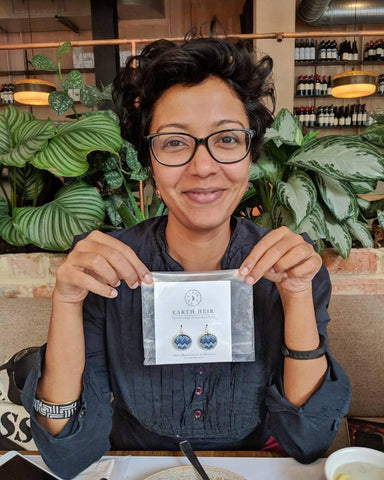
Photo: We only want the best for you!
Our artisans are proud because the produce of their hands are now reaching to people who treasure them globally. We thank you for being with us in this journey, we hope to bring more beautiful and the best of craftsmanships to you in the coming years. We will also continue sharing our learnings along the way.
We wish you a very wonderful holiday season filled with love and joy!
With much love,
Xiao Cheng
(on behalf of Earth Heir)


